The Science Behind Material Removal Rates (MRR) in CNC Machining
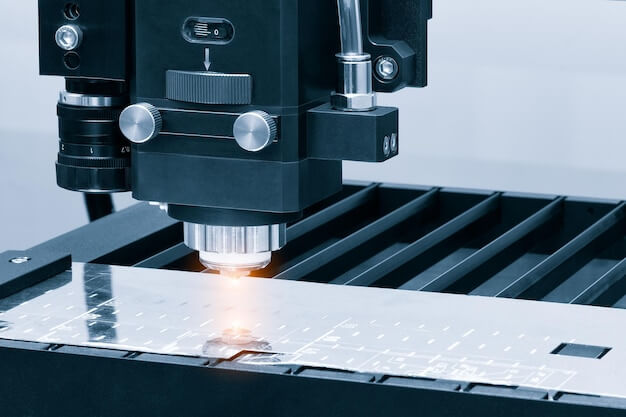
Introduction: Understanding Material Removal Rates (MRR) in CNC Machining In the field of CNC machining, understanding the concept of Material Removal Rates (MRR) is critical. MRR defines the volume of material a cutting tool removes per unit time, usually measured in cubic inches per minute (in³/min). In other words, it denotes how swiftly a machine […]
CNC Machining for the Automotive Industry: Steel vs. Aluminum Weight and Strength Analysis
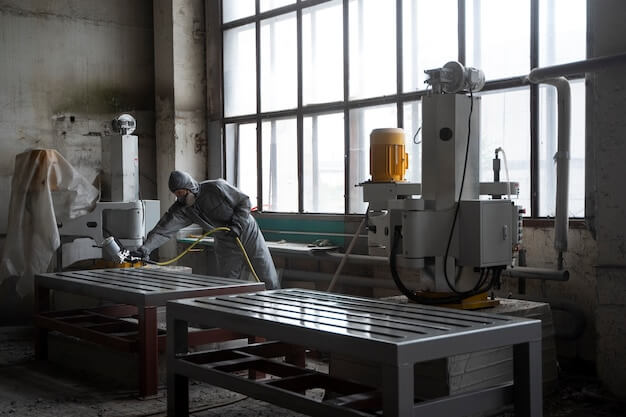
CNC Machining and Its Use in the Automotive Industry: Steel vs. Aluminum CNC (Computer Numerical Control) machining, a method used to control machine tools via computers, has proven indispensable in several industries – one of them being the automotive industry. An integral part of vehicle manufacturing process, CNC machining offers significant benefits such as accuracy, […]
CNC Material Efficiency: Aluminum 2024 vs. 6061 vs. 7075
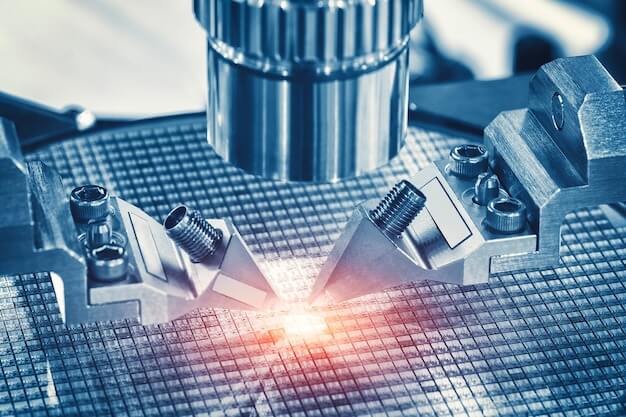
CNC Machining and Material Efficiency: Aluminum 2024 vs. 6061 vs. 7075 CNC machining refers to a highly automated process widely employed in the manufacturing sector, using computer numerical control (CNC) to dictate the movements of machinery tools. This method allows for greater control and precision in manufacturing many different kinds of materials, including aluminum. The […]
The Engineer’s Guide to Reducing CNC Machining Time: Material and Tool Selection Strategies
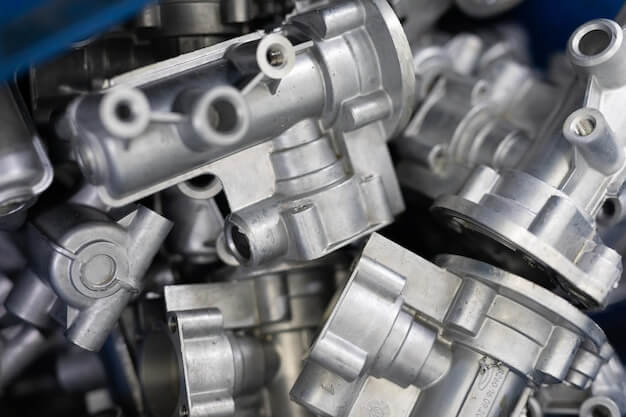
Importance of Reducing CNC Machining Time In the expansive world of industrial manufacturing, Computer Numerical Control (CNC) machining holds a dominant place due to its effectiveness in reducing errors, enhancing efficiency, and improving final product output. Despite these advantages, one key challenge that many engineers frequently encounter is the lengthy machining time attributed to this […]
Environmental Impact of CNC Machining: Recyclable Metals vs. Biodegradable Plastics
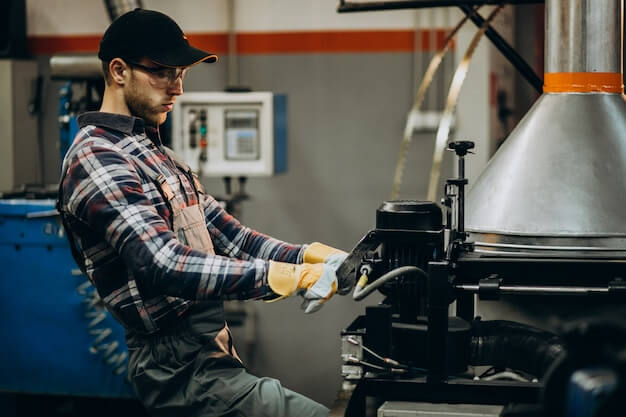
Introduction to CNC Machining and its Environmental Impact CNC (Computer Numerical Control) machining is a prevalent manufacturing process wherein pre-programmed computer software dictates the movement of factory tools and machinery. This allows for efficient, precise, and repeatable production of complex parts – metal or plastic. In today’s climate-conscious society, the environmental impact of processes like […]
Stainless Steel vs. Aluminum in CNC Machining: Pros and Cons
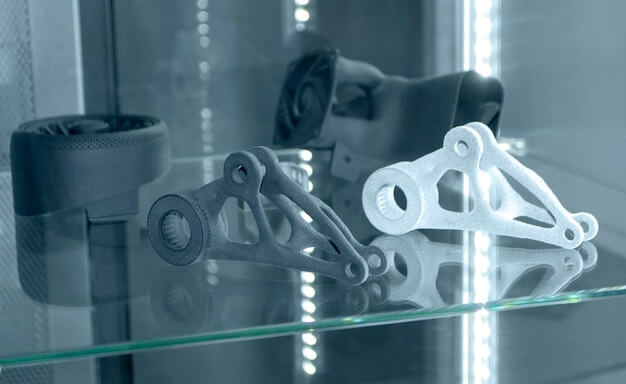
CNC Machining and the Importance of Material Selection CNC machining, a pivotal manufacturing process in numerous industries, uses pre-programmed computer software to dictate the movement of factory tools and machinery. Techniques such as milling, turning, drilling, and grinding are executed with precision even for complex shapes and intricate designs. Among key factors determining success in […]
CNC Machining for the Defense Industry: Titanium vs. Aluminum Alloy Selection
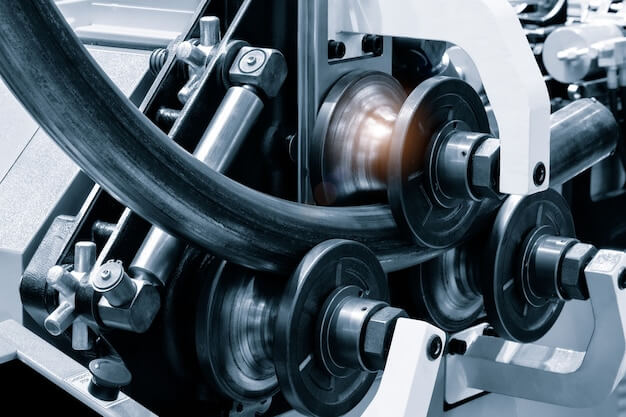
CNC Machining and Its Significance in The Defense Industry Computer Numerical Control (CNC) machining is a crucial manufacturing process whereby pre-programmed computer software dictates the movement of machinery and tools. It facilitates intricate and precise production, essential for the varied components used within the defense sector. CNC machining assures efficiency, repeatability, and accuracy vital to […]
The Engineer’s Choice: Titanium Grade 5 vs. Grade 23 for CNC Medical Implants
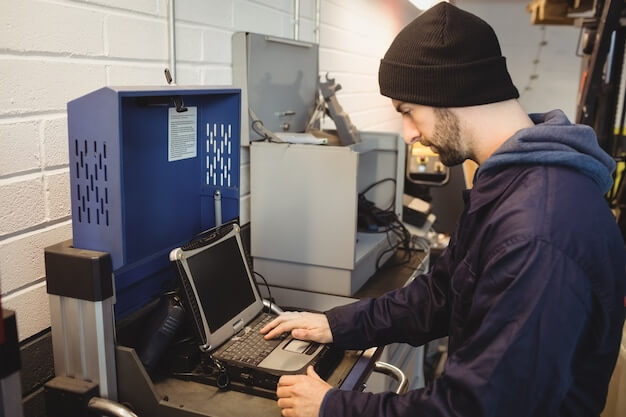
CNC Medical Implants: Material Choices and their Significance Computer Numerical Control (CNC) medical implants are an integral part of modern healthcare, designed with precision to replace missing or damaged body parts. With the unprecedented advancements in technology, customizing these implants for every patient’s unique needs has become possible, ensuring better health outcomes and faster recovery […]
The Ultimate Guide to Sheet Metal Materials: Aluminum vs. Galvanized Steel
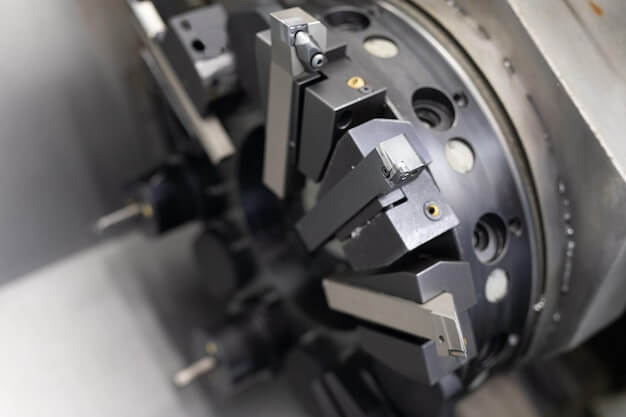
Introduction: A Brief Overview of Sheet Metal Materials in Manufacturing In the wide world of manufacturing, sheet metal materials play a pivotal role. They serve as critical components in various industries including automotive, aerospace, and construction. The two primary types of these metals often used are Aluminum and Galvanized Steel due to their unique properties. […]
The Future of Automotive Manufacturing: Aluminum vs. Composite Materials in CNC Machining

Automotive Manufacturing: The Role of Materials In the automotive industry, the choice and application of materials plays a significant role in overall vehicle performance, efficiency, and longevity. Predominantly, two materials – aluminum and composite materials- are currently central to discussions around future product development, especially in CNC machining. Aluminum: Lightweight yet strong, this material provides […]
Comparative Analysis of Machinability: Nickel Alloys vs. Stainless Steel in CNC Processes

Introduction to CNC Processes and Materials The Computer Numerical Control (CNC) process is a predominant method in the manufacturing industry, enabling the machining of complex parts with high precision. It comprises systems that utilize computer programming inputs to control machinery for various operations like drilling, cutting, or milling. This technique ensures efficient production by eliminating […]
The Role of Material Conductivity in CNC Machining: Copper vs. Aluminum Efficiency
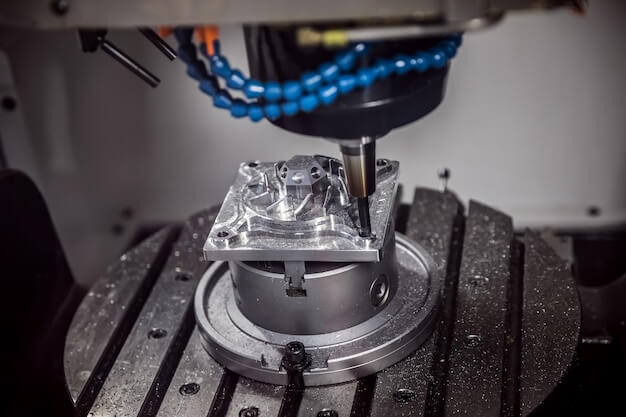
CNC Machining and the Importance of Material Selection Computer Numerical Control (CNC) machining is a prevalent method in manufacturing where pre-programmed computer software regulates the movement of factory machinery. This advanced technology enables control over complex cutting tasks, presenting a drastic evolution from manual manipulation. However, an integral segment of successful CNC machining centers around […]

